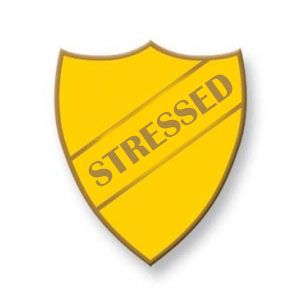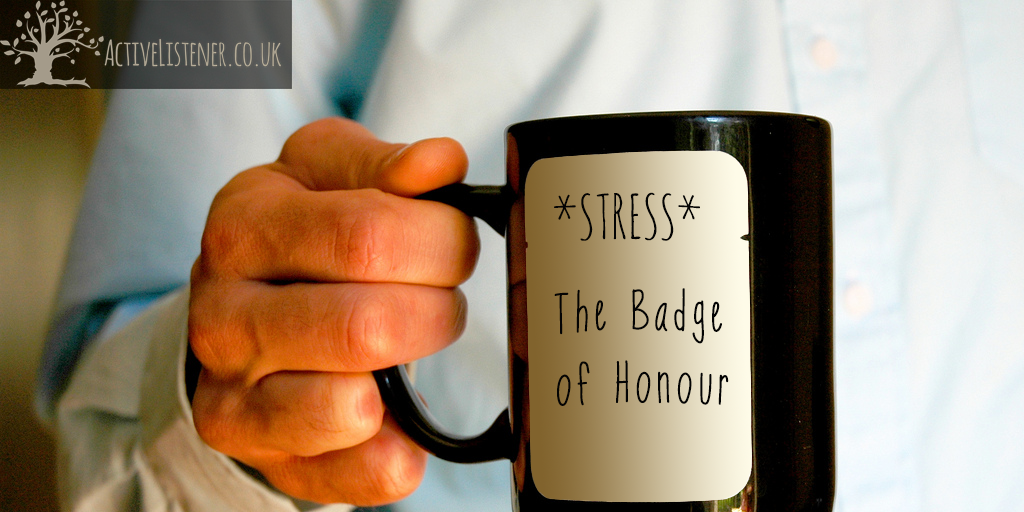This week is men’s health week (13-19 June), and this year has focussed on stress; an ever growing catalyst for so many men and women suffering with depression, anxiety, low self-esteem, anger and many other areas of mental and physical health. As something of a disclaimer I would just like to say that in my experience women are affected by stress just as much as men although reportedly better at knowing when and how to stop. Today though, I’m focussing on men.
What is Stress?
Only a few generations ago the word stress was used to describe pressure or tension on an object, the idea of stress on a human-being would have made little sense. Today we hear it used daily as a way to describe ourselves “I feel so stressed at the moment”, “this is a very stressful situation”, “He’s so stressy all the time!”, “I’ve got a stress headache”.
When I think of men and stress I think of both frightened and excited stress. I picture a man on a laptop on the train at 6am desperately trying to finish a report that was needed ‘last week!’, or at 10pm heading home trying to complete the report he knows he will be working on at 6am the next morning again. He is consumed by the impossible task in hand that he must achieve and is blinkered to the rest of the world around him. He knows that if this isn’t done and done right, it means disappointment, maybe humiliation and certainly failure. In reality he is only failing to be super-human, but he trusts that what is expected of him, is surely doable.
I also picture the white-faced, wide-eyed smile that accompany the wired rush of working towards a deadline of something amazing, something beautiful, something to be proud of. I think of a performer going on to stage, or an architect revealing his design, a businessman closing a big deal or an interview for a dream job.
Whether it is the commuter being chased by the tiger or the deal-maker chasing one, both are experiencing stress that can be so useful for getting things done. And this stress can become addictive. The fight-or-flight responses kick-in and the body is flooded with epinephrine, norepinephrine and cortisol which help the mind to a laser-sharp focus, helps the body to have the extra energy it needs and removes the normal bodily distractions of hunger and sleep.
At first, these chemicals can feel euphoric but when the adrenaline begins to run out and the body begins to crave food and sleep the mood begins to drop. Instead of the rest our body needs we try to maintain the high with caffeine,and maybe the nicotine or alcohol, or maybe even cocaine and other illegal drugs. How long can this be sustained? When is it too much?
- Sleeplessness
- Anxiety
- Depression
- Low Self-Esteem
- Angry and Irritable outburts
- High blood pressure
- Heart attack
- Headaches
- Auto-immune illnesses

Badge of Honour
Stress, especially work stress, can itself be fuelled by an insidious darker motivation that seems to be more and more common for men of all ages and in all areas of work. This is the belief that if I am stressed, and if people see I am stressed, then I will be seen to be working hard. How proudly I tell my colleague about the tiny amounts of sleep I had last night, how I am far too busy to socialise, how this deadline is the most important thing.
As long as I am stressed, I will be worthy of my job and my salary and my next promotion and someone is proud of me. As long as I am calm, taking things in my stride, I am slacking, not working hard, and no-one will notice me. (If you are familiar with the film, I am remembering the final scenes of whiplash here.)











